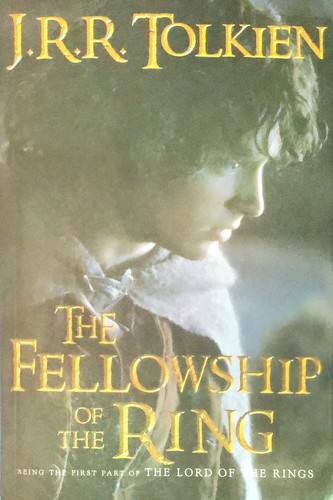Paperback, 398 pages
English language
Published Nov. 19, 2003 by Houghton Mifflin Company.

Paperback, 398 pages
English language
Published Nov. 19, 2003 by Houghton Mifflin Company.
Robert A. Heinlein wrote The Number of the Beast, which was published in 1980. In the book Zeb, Deety, Hilda and Jake are ambushed by the alien “Black Hats” and barely escape with their lives on a specially configured vehicle (the Gay Deceiver) which can travel along various planes of existence, allowing them to visit parallel universes.
However, unknown to most fans, Heinlein had already written a “parallel” novel about the four characters and parallel universes in 1977. He effectively wrote two parallel novels about parallel universes. The novels share the same start, but as soon as the Gay Deceiver is used to transport them to a parallel universe, each book transports them to a totally different parallel world.
From that point on the plot lines diverge completely. While The Number of the Beast morphs into something very different, more representative of later Heinlein works, The Pursuit of the Pankera …
Robert A. Heinlein wrote The Number of the Beast, which was published in 1980. In the book Zeb, Deety, Hilda and Jake are ambushed by the alien “Black Hats” and barely escape with their lives on a specially configured vehicle (the Gay Deceiver) which can travel along various planes of existence, allowing them to visit parallel universes.
However, unknown to most fans, Heinlein had already written a “parallel” novel about the four characters and parallel universes in 1977. He effectively wrote two parallel novels about parallel universes. The novels share the same start, but as soon as the Gay Deceiver is used to transport them to a parallel universe, each book transports them to a totally different parallel world.
From that point on the plot lines diverge completely. While The Number of the Beast morphs into something very different, more representative of later Heinlein works, The Pursuit of the Pankera remains on target with a much more traditional Heinleinesque storyline and ending, reminiscent of his earlier works.
The Pursuit of the Pankera was never published and there have been many competing theories as to why (including significant copyright issues in 1977). Over time the manuscript was largely forgotten but survived in fragments. A recent re-examination of these fragments, however, made it clear that put together in the right order they constituted the complete novel.
And here it finally is: Robert A. Heinlein’s audacious experiment. A fitting farewell from one of the most inventive science fiction writers to have ever lived: a parallel novel about parallel universes as well as a great adventure pitting the forces of good versus evil only the way Heinlein could do.